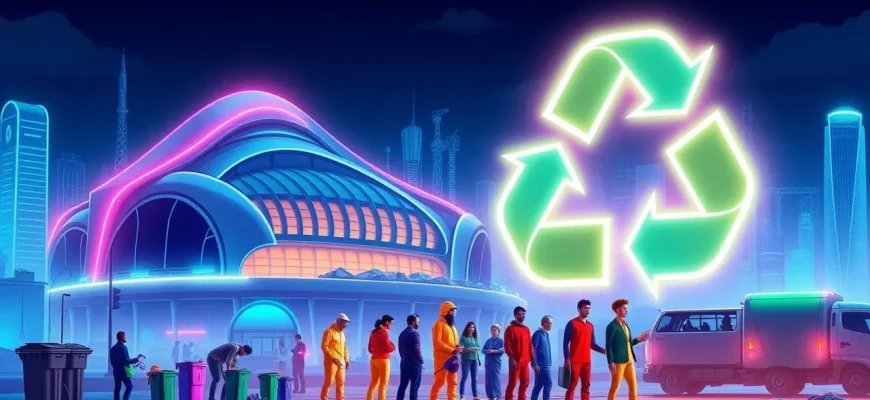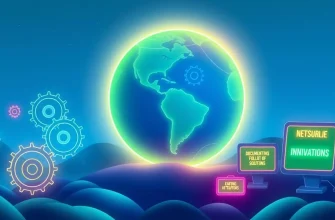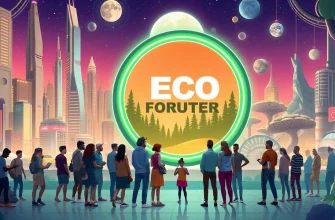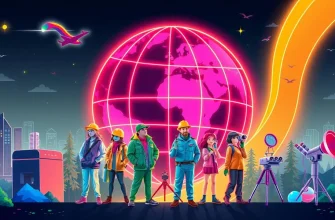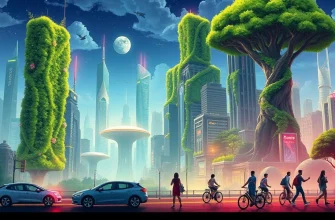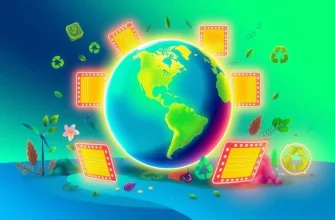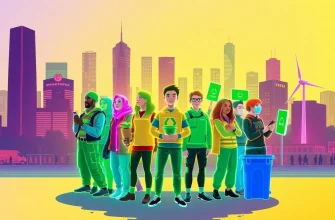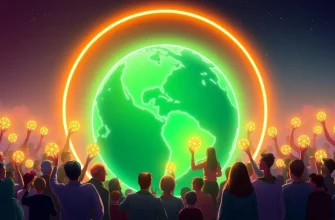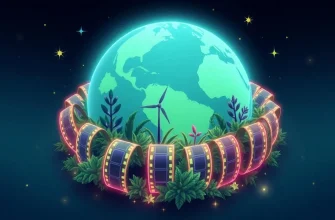In an era where environmental consciousness is paramount, understanding how we manage our waste has never been more crucial. This curated list of documentaries delves into the fascinating, often overlooked world of waste management and recycling. From the innovative solutions to the stark realities of our waste disposal habits, these films offer a comprehensive look at what happens to our rubbish after we throw it away. Whether you're an eco-warrior or just curious about the lifecycle of your bin's contents, these films provide both education and inspiration for a more sustainable future.
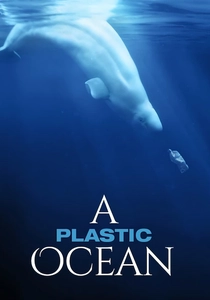
A Plastic Ocean (2016)
Description: This film documents the journey of a journalist and a biologist as they uncover the devastating effects of plastic pollution on marine life and ecosystems.
Fact: The film has been translated into multiple languages to reach a global audience. It has also inspired numerous clean-up initiatives around the world.
 Watch Now
Watch Now

Landfill Harmonic (2015)
Description: This heartwarming documentary tells the story of a Paraguayan orchestra made up of children who play instruments made from recycled materials found in a landfill.
Fact: The film has been screened at numerous film festivals worldwide, winning several awards. It has also led to a global movement to support music education through recycling.
 Watch Now
Watch Now
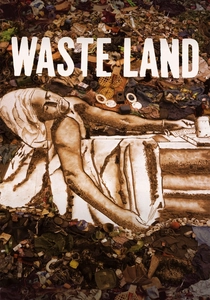
Waste Land (2010)
Description: This film follows artist Vik Muniz as he collaborates with catadores, the workers at the world's largest landfill in Rio de Janeiro, to create art from the waste they collect, highlighting the human side of waste management.
Fact: The film was nominated for an Academy Award for Best Documentary Feature in
 30 Days Free
30 Days Free
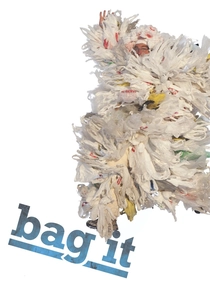
Bag It (2010)
Description: Following one man's quest to understand the impact of plastic bags, this documentary uncovers the broader implications of our plastic consumption and disposal habits.
Fact: The film led to the "Bag It" campaign, which promotes reducing single-use plastic. It was also screened at the United Nations Environment Programme.
 30 Days Free
30 Days Free
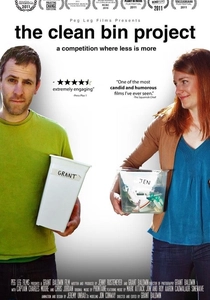
The Clean Bin Project (2010)
Description: A couple from Vancouver attempts to live without producing any waste for a year, showcasing the challenges and solutions in reducing personal waste.
Fact: The film inspired a book of the same name, detailing their journey and providing tips for zero-waste living. It has been screened at numerous environmental film festivals.
 30 Days Free
30 Days Free
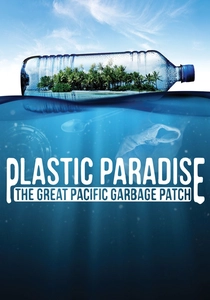
Plastic Paradise (2013)
Description: This documentary focuses on the Great Pacific Garbage Patch, a massive collection of plastic waste in the Pacific Ocean, and the efforts to clean it up and prevent further pollution.
Fact: The film was part of the official selection at the Hawaii International Film Festival. It has been used in educational programs to teach about ocean pollution.
 30 Days Free
30 Days Free
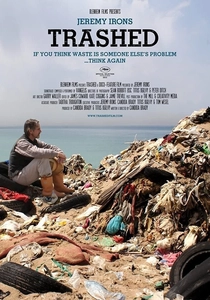
Trashed (2012)
Description: Jeremy Irons takes us on a journey around the world to explore the global waste crisis, revealing the shocking extent of our waste problem and the innovative solutions being implemented.
Fact: The film was screened at the United Nations Environment Assembly to raise awareness about waste management. It also led to the creation of the "Trashed" campaign, advocating for zero waste.
 30 Days Free
30 Days Free
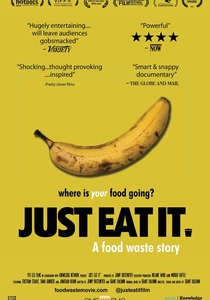
Just Eat It (2014)
Description: This documentary explores the massive issue of food waste, following a couple who decide to only eat discarded food for six months, highlighting the absurdity of our food disposal practices.
Fact: The film led to the creation of the "Just Eat It" campaign, which encourages reducing food waste. It has been shown at various food and environmental conferences.
 30 Days Free
30 Days Free
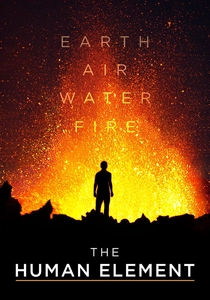
The Human Element (2018)
Description: While not exclusively about waste, this film by James Balog examines how human activities, including waste management, impact the environment, with a focus on solutions.
Fact: The film was part of the official selection at the Sundance Film Festival. It features stunning time-lapse photography of environmental changes.
 30 Days Free
30 Days Free

The Story of Stuff (2007)
Description: Although not a traditional documentary, this animated short film provides a critical look at the lifecycle of consumer goods, from extraction to disposal, emphasizing waste management.
Fact: It has been translated into over 30 languages and has inspired a series of related films on various environmental issues.
 30 Days Free
30 Days Free

